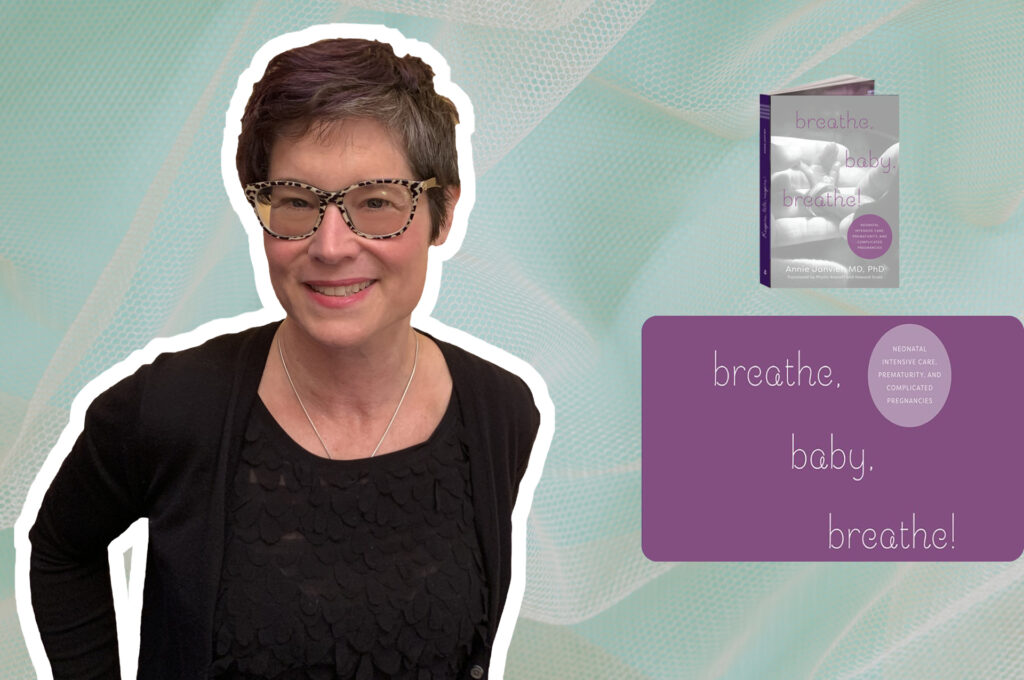Gratitude, fragility and strength: Perspectives of adults born preterm about prematurity
Gratitude, fragility and strength: Perspectives of adults born preterm about prematurity Congratulations to Camille, an amazing researcher (and person) who adds another article to her collection of HAPI papers (Health of Adults born Preterm Investigation). Adults born preterm evaluated their health in a balanced fashion. Preterm-born adults often feel that they have experienced positive transformations as […]
Gratitude, fragility and strength: Perspectives of adults born preterm about prematurity Read More »
